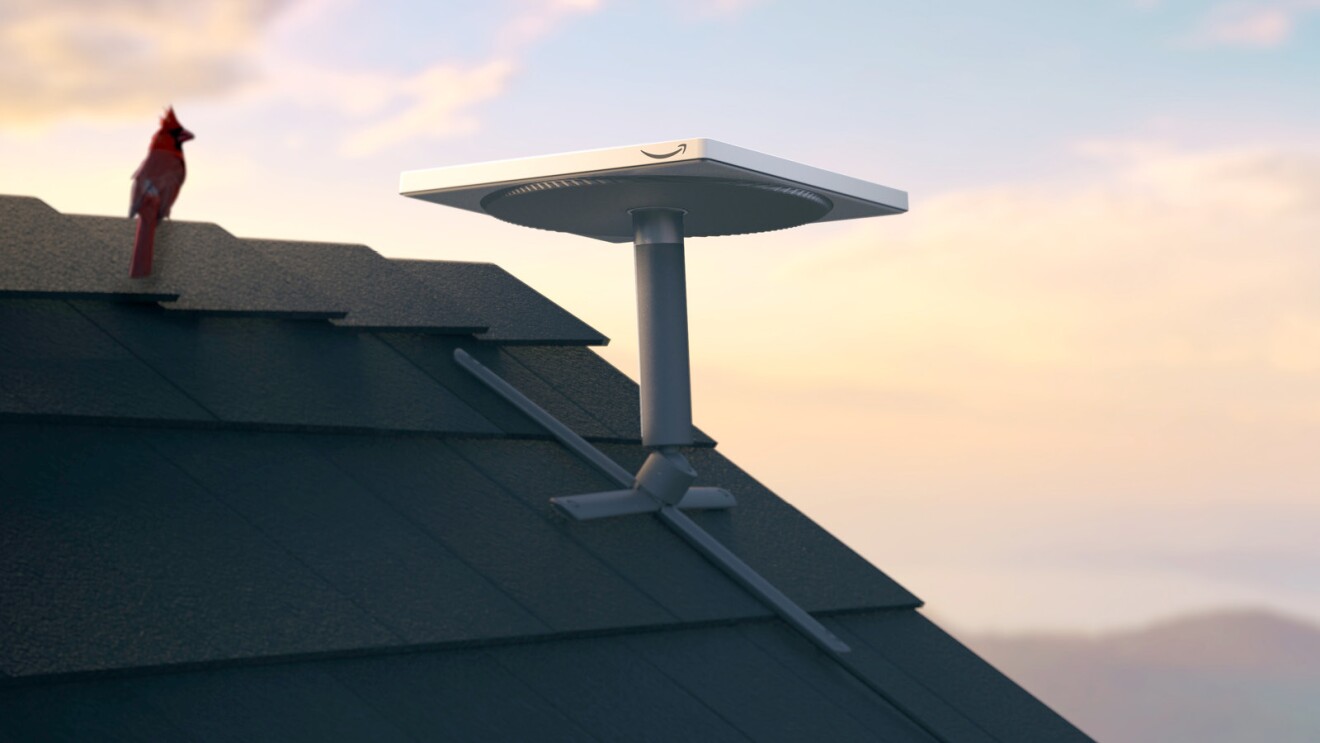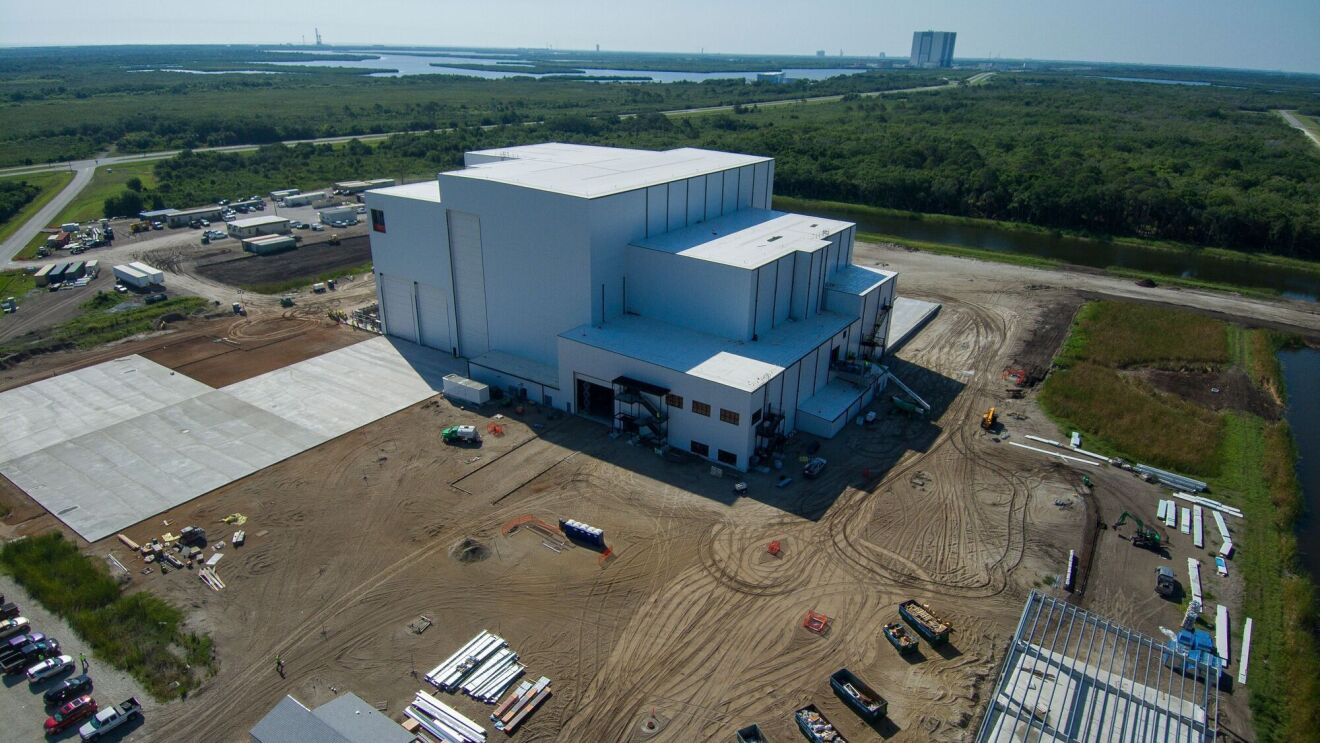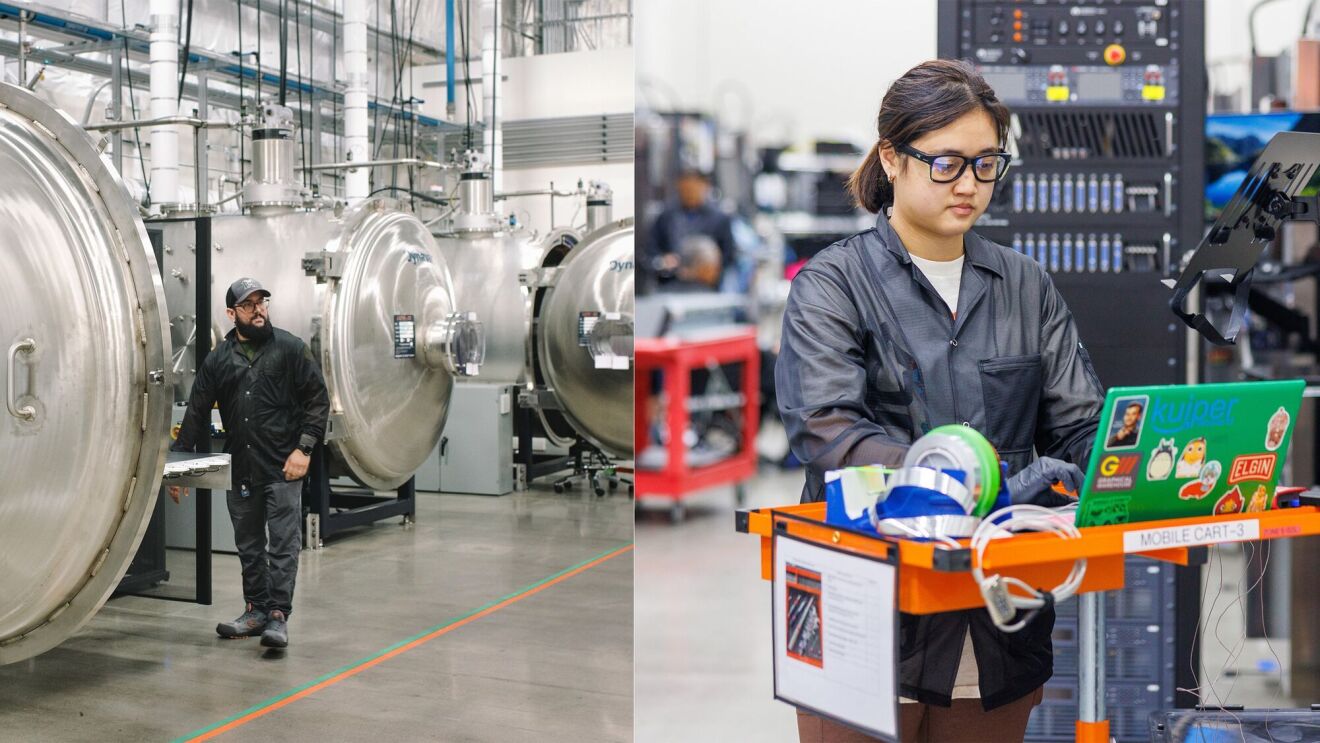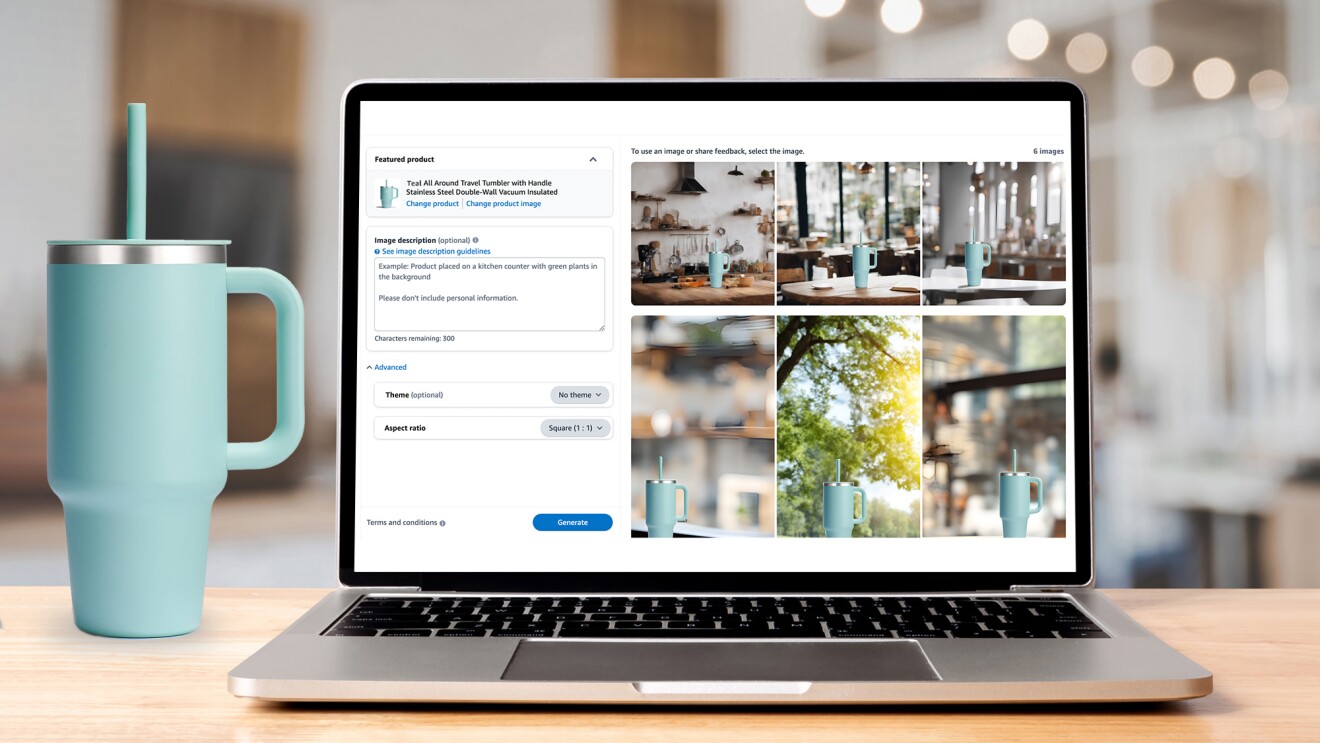Amazon continues to deliver on its roadmap for Project Kuiper, a low Earth orbit (LEO) satellite system designed to provide fast, affordable broadband to unserved and underserved communities around the world. We’re excited to announce we’ve secured up to 83 launches from three commercial space companies—Arianespace, Blue Origin, and United Launch Alliance (ULA)—to provide heavy-lift capacity for the program. These agreements mean we have enough capacity to carry into space the majority of the 3,236 satellites that make up our satellite constellation.
The three agreements include 38 launches on ULA’s Vulcan Centaur rocket, 18 launches on Arianespace’s Ariane 6, and 12 launches on Blue Origin’s New Glenn, with options for 15 additional launches. Together, they represent the largest commercial procurement of space launch services in history, and our investments will support thousands of suppliers and highly skilled jobs in the space industry across the United States and Europe.
Preparing to delight customers around the world
As part of Amazon’s family of products and services, Project Kuiper is working to deliver high-speed, low-latency broadband service at an affordable price. The Kuiper System includes three key elements: our advanced LEO satellites; small, affordable customer terminals; and a secure, resilient ground-based communications network.
Project Kuiper will leverage Amazon’s global logistics and operations footprint to provide excellent customer service, and Amazon Web Services will provide networking and infrastructure to serve a diverse, global customer base. We’ll also apply Amazon’s experience producing low-cost devices and services like Echo and Kindle to deliver broadband service at an affordable, accessible price for customers.
Once deployed, the Kuiper System will serve individual households, as well as schools, hospitals, businesses, disaster relief efforts, government agencies, and other organizations operating in places without reliable broadband.
A global launch partnership
Our launch partners will provide us with heavy-lift launch services over a five-year period. Heavy-lift rockets offer the right combination of capacity, performance, and cost to get our constellation to space efficiently. Project Kuiper satellites will launch on Arianespace’s Ariane 6 rocket out of the Guiana Space Center in French Guiana, and Blue Origin’s New Glenn and ULA’s Vulcan Centaur rockets out of Cape Canaveral Space Force Station in Florida.
“These launch agreements reflect our incredible belief in Project Kuiper, and we’re proud to be working with such an impressive lineup of partners to deliver on our mission,” said Amazon Senior Vice President Dave Limp, who oversees Amazon Devices & Services. “Securing launch capacity from multiple providers reduces scheduling risk and helps us secure competitive, long-term pricing that we can pass on to Project Kuiper customers as cost savings.”
Our new agreements are in addition to our existing deal for nine launches on Atlas V vehicles from ULA to help deploy the Project Kuiper constellation, as well as two RS1 launches from ABL Space Systems to deploy the prototype KuiperSat-1 and KuiperSat-2 satellites.
Scalable technology to dispense satellites
Launch is just one piece of getting our satellites safely into space. We also need a system to securely deploy satellites at the correct altitudes for insertion into orbit. We’ve completed an agreement with Switzerland-headquartered Beyond Gravity (formerly RUAG Space) to build the low-cost, versatile satellite dispensers that will deploy the Project Kuiper constellation. Beyond Gravity’s dispensers can easily scale up and down in capacity to fit the different rockets we’re using.
The Project Kuiper contract is the single-largest order in Beyond Gravity’s history. The company is doubling its production capacity as a result, opening a second production facility in Linköping, Sweden, where it will create dozens of jobs.
Bolstering the commercial space industry
Our investments in Project Kuiper will also benefit the wider launch services industry, accelerating the pace of innovation, improving launch infrastructure, and supporting thousands of suppliers and highly skilled jobs in 49 U.S. states and 13 European countries.
For instance, in addition to launch services, our contract with ULA also covers production and launch infrastructure to support more launches, timed closer together, at the Cape Canaveral Space Force Station. That work includes a new, dedicated version of the Vulcan Launch Platform. ULA is also making investments in their Spaceflight Processing and Operations Center to deliver a second ULA facility capable of full vehicle processing, with two parallel “launch lanes” for high-cadence operations.
There are now more than 1,000 people working on the Project Kuiper program as we prepare to serve tens of millions of customers around the world. Learn more about what we’re doing in this video and in our press release.
Trending news and stories
- Amazon One rolls out at NYU Langone Health facilities to improve check-in for millions of patients
- AWS is first cloud service provider to offer DeepSeek-R1 as fully managed, generally available model
- Prime Video begins an AI dubbing pilot program on licensed movies and series
- Charging ahead: Meet Amazon's growing lineup of electric vehicles











